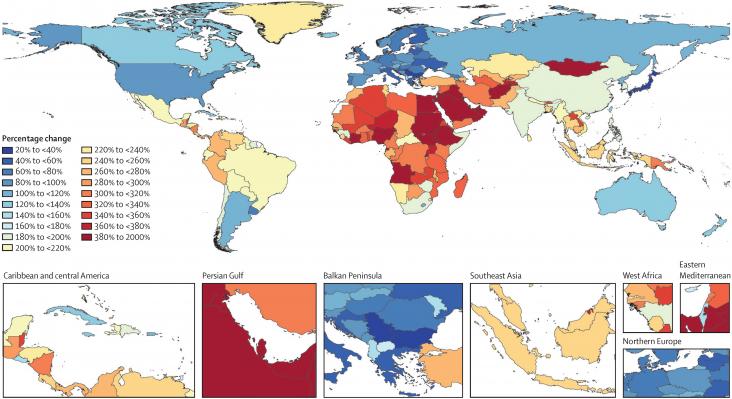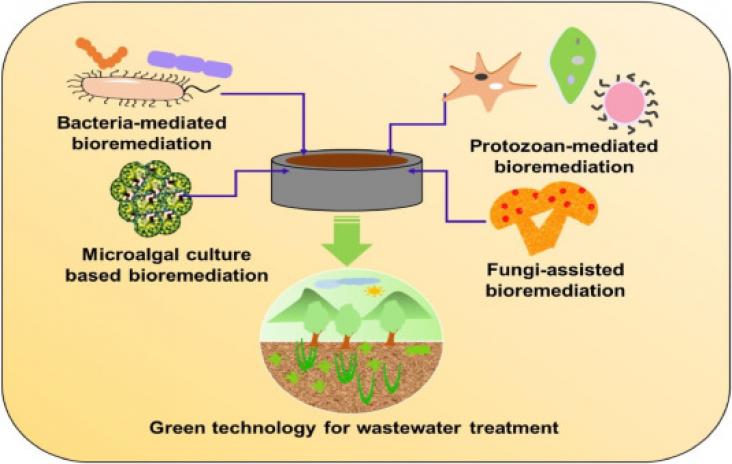This article advances SDG # 3 and 13 through its examination of the medical concepts of hope and helplessness and applies these medical and philosophical frameworks to the climate crisis.
This study, relevant to Goals 3, 10, and 13, examined how often and in which countries health considerations were factored into a country’s Nationally Determined Contributions (NDC’s) for climate commitments. They found that countries with the greatest vulnerability to climate change health effects – largely countries with the fewest resources – considered health effects the most. The authors recommend that considering health, even in higher resourced countries, can increase public backing for ambitious climate goals.

An article on the global prevalence of dementia, in the context of SGD 3, focusing specifically on forecasting country-level estimates of dementia prevalence attributable to high BMI, high fasting glucose, and smoking, from 2019 to 2050.
This article advances SDG goals 3, 5 and 10 by examining disparities in lung cancer treatment and survival rate by race, gender, sexual identitity, and disability status with the goal of understanding the current situation to improve future outcomes.
This book chapter advances SDG 3 and 10 by presenting that (1) some of these depression scales do not correlate, suggesting that they assess different aspects of depression; (2) reports of depression in dementia vary based on depression in dementia scale used; and (3) severe memory impairment may impact the ability to assess depression in the patients using self-reports.
This book chapter advances SDG #3 and #10 by reviewing studies that showed treatments with multiple sessions of rTMS can influence cognition in people with neurodegenerative diseases. The chapter also considers novel therapeutic approaches based on the clinical use of rTMS.
This Article supports SDGs 3, 5, and 10 by examining the effects of housing interventions on the physical, psychosocial, and economic wellbeing of women experiencing IPV, calling for continued investment into research, policy, and practice to innovate the IPV-housing continuum and to address the needs of women experiencing IPV and homelessness across different social circumstances.

Overuse of water has led to the degradation and scarcity of limited water resources, which prompted the modern world to adopt sustainable measures to save water by increasing its reuse and recycling.
Compares the pros and cons of volunteering with animals.
This Viewpoint supports SDG 3 by describing how the Integrative Multicomponent Programme for Promoting South Asians’ Cancer Screening Uptake (IMPACT) project successfully increased cancer screening uptake for ethnic minorities in Hong Kong.
